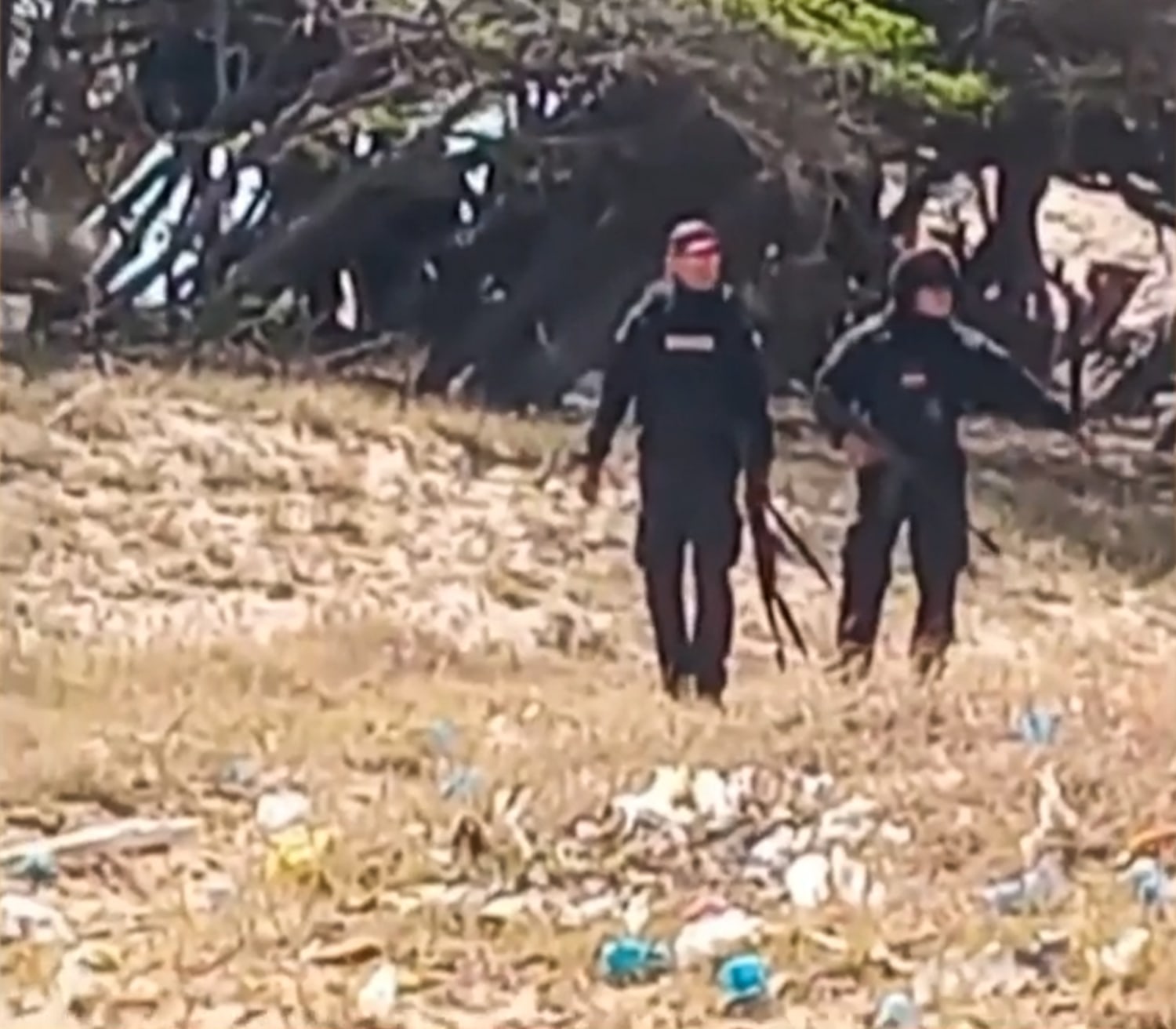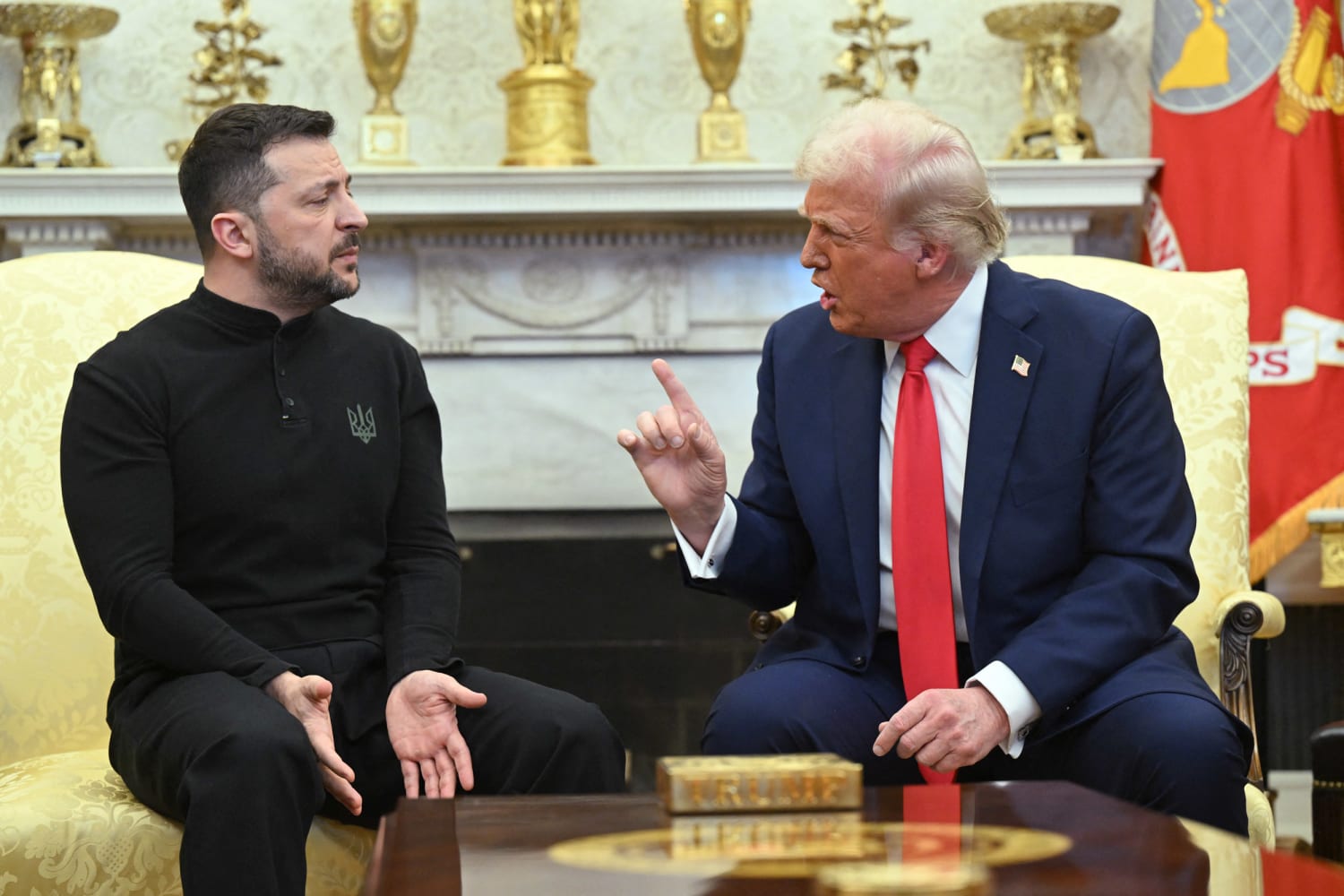Sanae Takaichi, Japan’s inaugural female prime minister, is navigating a diplomatic crisis as friction between Tokyo and Beijing intensifies regarding Taiwan. What commenced as a reserved exchange of greetings has rapidly escalated into one of the most acute standoffs between the two Asian nations in recent memory.
Escalating friction between Tokyo and Beijing
Barely a month into her term, Japanese Prime Minister Sanae Takaichi finds herself at the center of a major international dispute. Only days after meeting Chinese President Xi Jinping, relations between Japan and China have deteriorated dramatically, fueled by harsh rhetoric and nationalist fervor. The immediate cause of the rift stems from Takaichi’s comments regarding Taiwan, which Beijing regards as a core national interest and an inseparable part of its territory.
During a legislative assembly on November 7, Takaichi declared that any potential Chinese aggression against Taiwan—situated a brief distance from Japanese territory—would be regarded as “a situation jeopardizing Japan’s existence.” Her remarks indicated that such an occurrence might trigger a defensive military reaction from Tokyo. This change represented a significant deviation from earlier Japanese governments, which had historically refrained from suggesting direct military participation in Taiwan’s protection.
Beijing responded with outrage, condemning Takaichi’s comments as a serious intrusion into China’s domestic matters. The reaction extended beyond mere diplomatic declarations. Xue Jian, China’s consul general in Osaka, posted on X (previously Twitter), stating, “The protruding dirty neck must be severed.” Tokyo criticized the swiftly removed post as “utterly unsuitable,” while Taiwan characterized it as an overt menace.
China’s Foreign Ministry defended Xue, asserting that his comments reflected a reaction to Japan’s “dangerous and erroneous” statements. Officials accused Tokyo of undermining China’s sovereignty and warned that the issue of Taiwan remains a non-negotiable red line.
The reverberations of “wolf warrior” diplomacy
The episode has revived memories of China’s so-called “wolf warrior” diplomacy—a combative foreign policy style that gained prominence in the early 2020s. At the time, Chinese diplomats often used social media to confront critics head-on, sometimes in inflammatory terms. Although Beijing had sought in recent years to soften this approach to rebuild trust with Western nations, the latest confrontation indicates a possible return to that aggressive posture.
Within China, nationalist sentiment and state-controlled media have intensified public indignation towards Japan. The People’s Daily, the primary publication of the Communist Party, characterized Takaichi as “irresponsible” and cautioned that “overstepping the boundary on Taiwan will incur consequences.” An account linked to China’s state television ridiculed her, inquiring, “Has she been hit in the head by a donkey?” Concurrently, Hu Xijin, a notable pundit and former editor of the Global Times, further inflamed the discourse, stating that China’s “weapon for decapitating invaders has been honed” and implying Japan would face ruin if it meddled in the Taiwan Strait.
Takaichi has since tried to downplay the situation, clarifying that her statements were hypothetical and not intended as a policy declaration. Yet her position remains precarious. Japan depends heavily on China as its largest trading partner, even as it grows increasingly wary of Beijing’s military expansion in the East and South China Seas. Balancing national security concerns with economic interdependence has become one of Takaichi’s greatest challenges.
A nuanced diplomatic equilibrium
Takaichi’s approach reflects her long-standing conservative stance on national defense. A protégé of the late former Prime Minister Shinzo Abe, she has advocated for a stronger military posture and closer cooperation with the United States and regional allies. Her administration’s early statements about Taiwan, coupled with her meeting with the island’s representatives during the Asia-Pacific Economic Cooperation (APEC) summit, signaled a continuation of Japan’s gradual shift toward a more assertive foreign policy.
During her meeting with Xi Jinping in South Korea in late October, Takaichi emphasized the importance of a “strategic, mutually beneficial relationship.” However, she also raised concerns about China’s military maneuvers near disputed islands in the East China Sea—territory claimed by both nations. That discussion, though seemingly cordial at the time, foreshadowed the deeper friction now unfolding.
The ongoing diplomatic dispute arises at a notably delicate juncture. This year commemorates the 80th anniversary of World War II’s conclusion—a conflict that persistently influences both Chinese and Japanese national identities. Beijing observed this occasion with an extensive military procession, displaying its military might and reinforcing its historical account of opposition to Japanese aggression.
In the lead-up to the anniversary, Chinese officials accused Japan of minimizing its wartime atrocities, while state media released several films depicting Japanese soldiers’ brutality during the war, including dramatizations of the Nanjing Massacre. The Japanese embassy in Beijing even advised its citizens to speak discreetly in public, fearing potential hostility amid rising nationalist fervor.
Taiwan’s historical legacy
The deep-seated antagonism between these two countries predates the Second World War, being intricately linked to Taiwan’s own convoluted past. Having been a Japanese colony since its transfer from Imperial China in the late 1800s, Taiwan stayed under Japanese dominion until Tokyo’s surrender in 1945. Subsequently, the Nationalist government of China assumed authority over the island, only to withdraw there after their defeat by the Communists in the civil conflict of 1949.
Since that time, the Chinese Communist Party (CCP) has viewed Taiwan as a renegade territory slated for eventual reintegration. From Beijing’s standpoint, the end of World War II signified the island’s “emancipation” from Japanese rule—a story deeply embedded in the country’s political self-perception. Chinese authorities frequently reference this historical context to bolster their sovereignty assertions and legitimize their resistance to external interference in matters concerning Taiwan.
When asked about Takaichi’s remarks, Chen Binhua, the spokesperson for China’s Taiwan Affairs Office, invoked this common history, stating that Japan carries a “historical burden” for its colonial governance of Taiwan. He proclaimed that China had “reclaimed” the island eight decades prior and cautioned that any endeavor to impede reunification would encounter resolute opposition.
The unpredictable journey forward
The current diplomatic crisis highlights the enduring volatility of East Asian geopolitics. Japan’s growing security cooperation with the United States and its increased defense spending have already drawn Beijing’s scrutiny. Now, under Takaichi’s leadership, Tokyo appears willing to adopt a more outspoken stance on regional security, particularly regarding Taiwan’s stability.
For China, this matter goes beyond simple diplomacy; it delves into the core of national identity and sovereign rights. Consequently, even the mere hypothetical mention of Japanese military participation in Taiwan is viewed as an outright act of provocation.
While both administrations might eventually aim to reduce friction, this event highlights the delicate equilibrium that persists between two of Asia’s most formidable countries. Every miscalculation carries the potential to rekindle past animosities that never completely vanished over time.
In this climate of suspicion and lingering historical grievances, each utterance holds significant importance. For Takaichi, who has only recently assumed her position, the task involves steering Japan’s course between strategies of deterrence and diplomatic engagement—upholding peace while resolutely defending national interests. Her ability to strike this equilibrium without exacerbating tensions with China will probably determine not only her effectiveness as a leader but also the future direction of East Asian affairs in the upcoming period.






